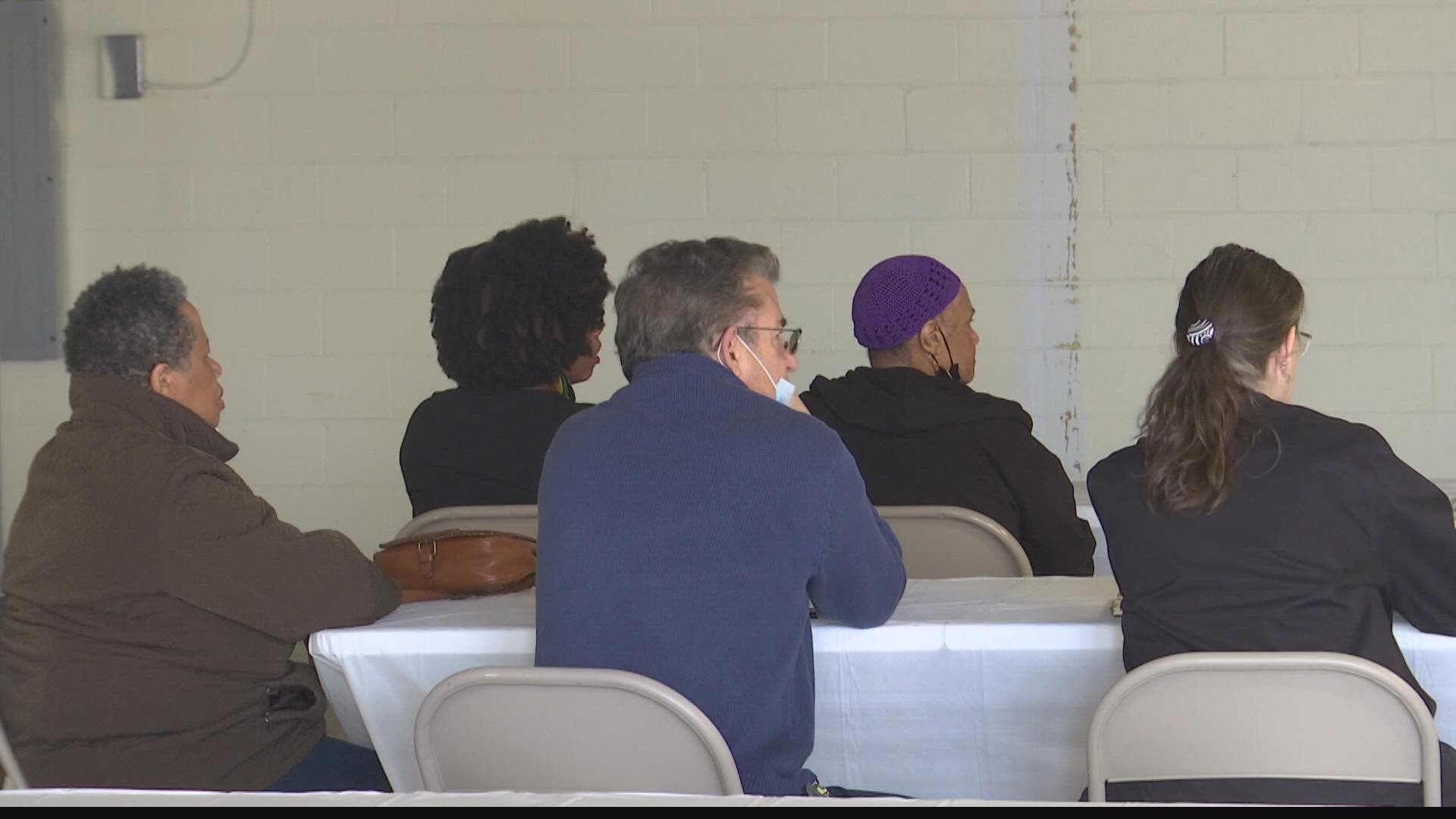INDIANAPOLIS — After several recent shootings involving young people in Indianapolis, neighbors on the east side are gathering to talk about trauma and its impact on our community.
With recent deaths still on everyone's minds, including those of Da'Vonta White and Isaiah Jackson, who were fatally shot at Dubarry Park on March 7, and Sevion Sanford, a 7-year-old who was struck and killed while waiting for the school bus on East 21st Street, the group believes now is the time to start the important discussions.
"What we are doing is having these tough conversations, these talks about mental health and trauma. I think it's imperative we do bring our kids into these conversations," said Robert Booker, founder of Reaching our Brothers.
Trauma is an emotional response to a terrible event - violence, poverty, or sexual abuse. Some of the violence we're seeing in Indianapolis now is a reaction to past trauma.
"Hurt people hurt people. Healed people heal people," said trauma educator Sabrena Suggs.
Suggs said two out of three children report an experience of trauma by age 16. Thirty percent of people exposed to a traumatic event develop Post Traumatic Stress Disorder (PTSD).
"Children exposed to trauma - there is a lot of data around their performance in school is decreased. They are less likely to pass the ISTEP. They're less likely to graduate," she said.
Suggs experienced this herself after her brother was murdered.
"I wasn't able to sustain jobs when I had symptoms that impacted my daily activity. You also think about that correlation to poverty as well," she said.
They believe providing neighbors with resources to find healing after a traumatic experience could decrease violence in our communities.
"If we can address some trauma at the root, not only will we save lives, we will see an increase in the quality of life," said Suggs.
"We can put a stop to this. It's going to take all of us around the board," said Booker.
Community conversations about trauma and mental health are happening throughout April and May.

